The Moravian Music Foundation preserves, shares, and celebrates Moravian musical culture.
Here’s a topic deserving much study and research … the entire Van Vleck family of Moravian ministers and musicians! Unlike so many Moravian composers of the 18th century, Jacob Van Vleck (March 24, 1751-July 3, 1827) wasn’t born in Germany, or the Netherlands; he was born in New York, the son of Henry and Jane (Cargill) Van Vleck. His parents had been received into the Moravian Church in New York in 1748, and the young Jacob was sent to Nazareth and Bethlehem to be brought up in the church. He received his first communion on April 26, 1766, at the age of 15, and began to serve as organist shortly thereafter. He traveled to Europe in May of 1772 to enroll in the Moravian seminary in Barby, Germany. Following his seminary training, he served in Niesky with the young children and later in the school. After service as the leader of the Single Brothers choir in Barby, he was ordained in September of 1778, and was called to service in America, arriving in Bethlehem on April 17, 1779.
His service in America was as leader of the Single Brothers at Christiansbrunn, then Bethlehem, and served for several years with the Elders Conference. Following a journey to the synod in Herrnhut in 1789, he was called as inspector of the girls’ school in Bethlehem, also to assist in preaching responsibilities. Before returning to America, though, he married Sister Anna Lisette Stähl and was consecrated a presbyter. He left Herrnhut on August 26, 1789, arrived in New York on December 26, and in Bethlehem on January 9, 1790. Serving in Bethlehem in the school and later as pastor, he was called to Nazareth, Pennsylvania, where he served as preacher, and inspector of the boys school, and later also as leader of the Married People’s Choir.
In May of 1811 he was called to Lititz, where he followed Johannes Herbst as pastor and leader of the Married People’s Choir, serving there for 17 months. In the fall of 1812 he was called to Salem, North Carolina, following the death of Brother Herbst, where he served as pastor and leader of the Elders Conference.
He was consecrated a bishop in Bethlehem on May 7, 1815, returning to Salem for several more years. He retired on October 5, 1822 (the Dienerblätter says he “laid down his office on account of the weakness of age”), and journeyed to Pennsylvania, where his wife died on November 24, 1829, and he died on July 3, 1831.
The Moravian Music Foundation holds some two dozen of his compositions; only a very few of these have been edited and published. 2017 Festival attendees will remember I Sing for Joy in the Lord, the only piece I know of in our collections that was actually written for SSAA voices!
I started writing with a desire to know more about the whole family. His son, Carl Anton Van Vleck, was also a pastor, serving as a teacher at Moravian Theological Seminary, as pastor at Bethania; Newport, Rhode Island; Lancaster, Pennsylvania; Yorktown; and a teacher in Greenville, Tennessee. Carl Anton was also a composer; his known compositions are smaller in scale, both sacred and secular songs with piano. And Carl Anton had four children: a son, Arthur, who died in the American Civil War, and three daughters, Amelia Adelaide, Lisetta Maria, and Louisa Cornelia, all of whom were musicians, composers, and teachers. We look forward to more research into the lives and music of this remarkable family!
Next time … Moravian Celebration of Great Sabbath
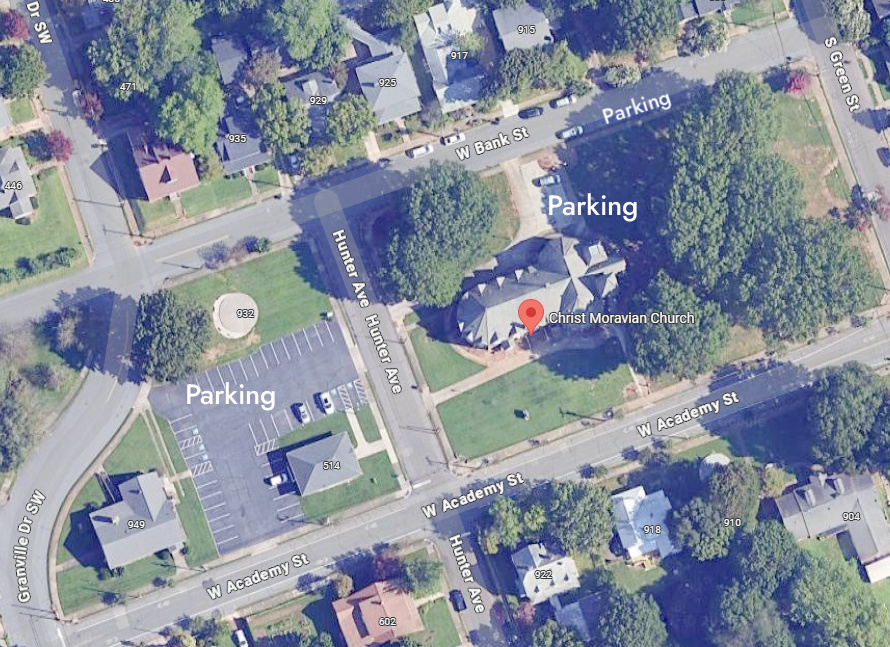
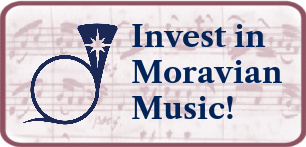

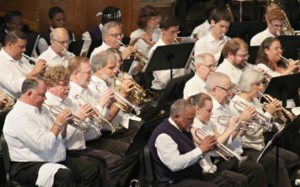
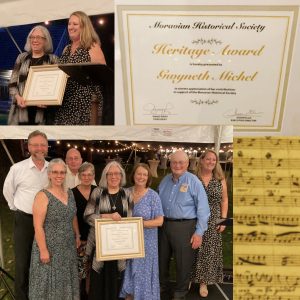
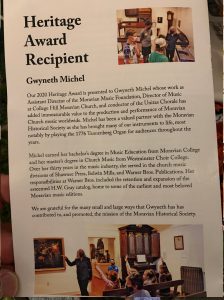
Leave a Reply